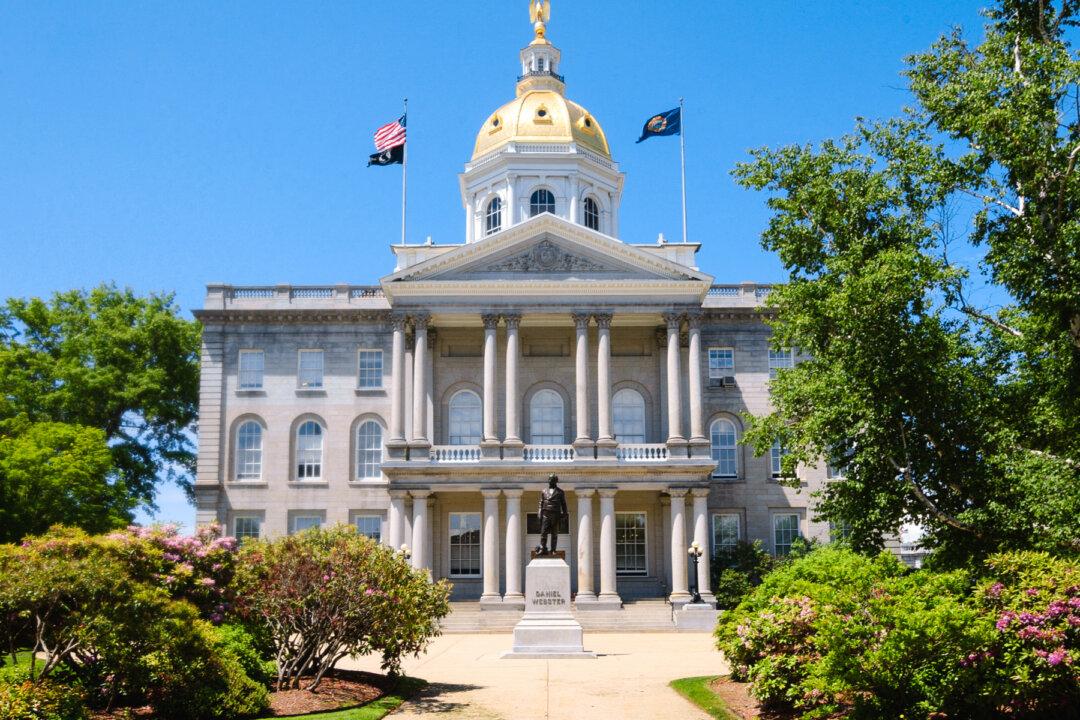Commentary
The New Hampshire House of Representatives has voted to make ivermectin available at any pharmacy that wants to distribute this drug even without a prescription. It will likely pass the Senate and become law.

The New Hampshire House of Representatives has voted to make ivermectin available at any pharmacy that wants to distribute this drug even without a prescription. It will likely pass the Senate and become law.